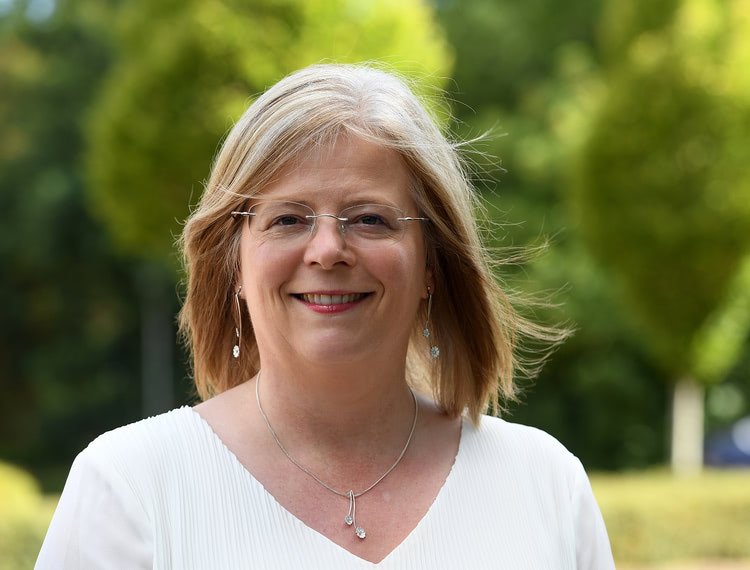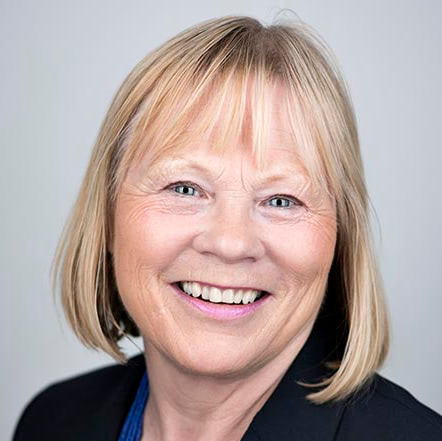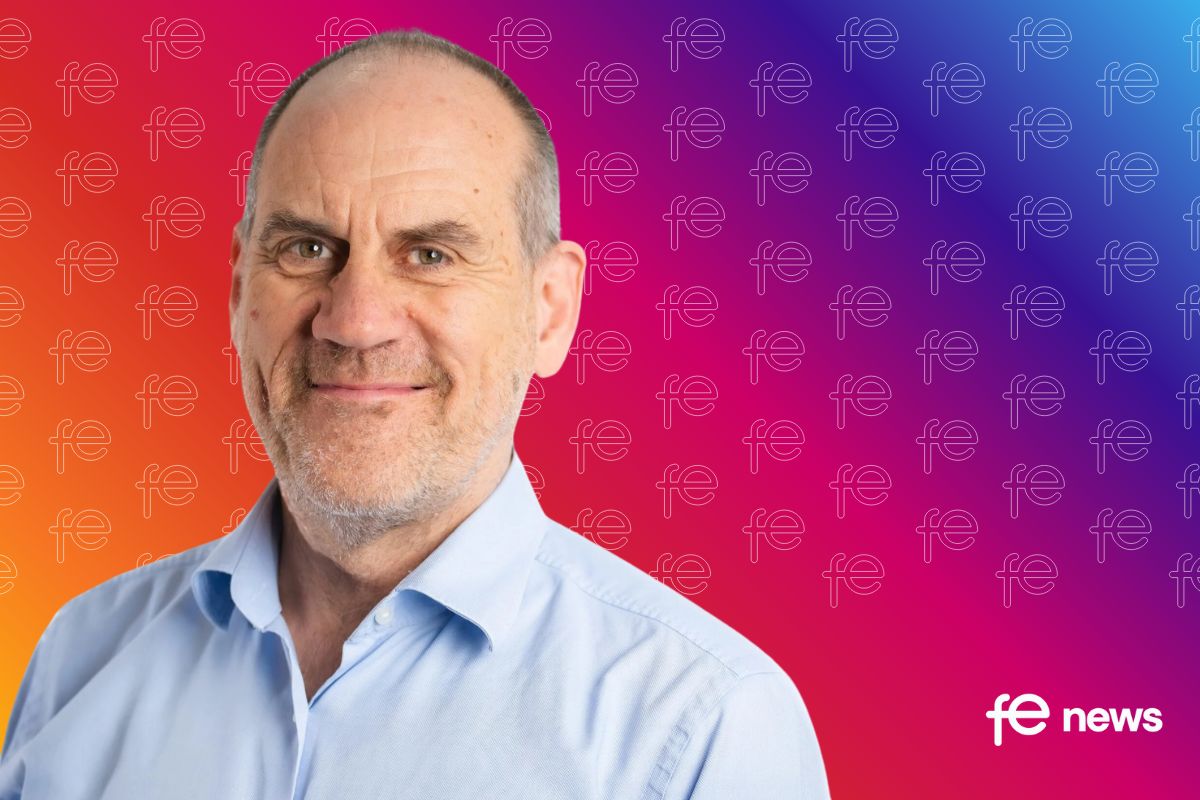Helena Kennedy Foundation still providing the key to the door of education after twenty-one years

This month sees the twenty-first anniversary of the founding of the Helena Kennedy Foundation, the independent educational and social justice charity.
Since 1998 it has supported more than 1,500 disadvantaged students to progress from adult and further education to higher education and into employment.
In that time the foundation has distributed grants worth more than two and a half million pounds.
The current chair of the organisation is Dr Julie Mills, Group Principal & Chief Executive at Milton Keynes College, a tireless campaigner for diversity and inclusion who cites its founder as her own mentor and inspiration.
Equal access to further and higher education for all
 Dr Ann Limb CBE DL came up with the idea for the foundation on a train journey in 1997 on the way home from the launch of Helena Kennedy’s groundbreaking report, “Learning Works: widening participation in FE.”
Dr Ann Limb CBE DL came up with the idea for the foundation on a train journey in 1997 on the way home from the launch of Helena Kennedy’s groundbreaking report, “Learning Works: widening participation in FE.”
Baroness Kennedy was then chair of the Widening Participation Committee of the government’s Further Education and Finance Council. The report led to the creation of the first ever national strategy to ensure equal access to further and higher education.
It pointed out that learning was vital for national and individual economic prosperity and social cohesion, and that there should be equality of opportunity for all.
The report was one of the first pieces of work to stress that many people are failed by education and that there was a need for more “second chances”, not just for the benefit of the individual but because so much talent was being wasted saying:
If at first you don’t succeed: you don’t succeed.
Helping an entire generation of FE students achieve their potential
 Ann Limb says:
Ann Limb says:
“Instead of following up on Learning Works, the new New Labour government set a target of fifty per cent participation in higher education at the same time as bringing in tuition fees, then set at £1,000.
“These were payable upfront and wildly out of reach for so many and I just felt something needed to be done to redress the balance.”
Government policy was in danger of narrowing participation rather than widening it and I was afraid that an entire generation of FE students would be held back from achieving their potential.
Dr Limb got in touch with Baroness Kennedy and told her what she had in mind, asking to use her name for a new independent educational charity in response to the findings of Learning Works.
Ann continues, “We’d never met before and I admit to feeling more than a little nervous sitting across the table from her in a House of Lords tea room and asking her to lend her name and reputation to the idea.
“I like to think that the trust she showed in me that day is a reflection of the foundation’s core values. It puts faith in people along with a non-repayable grant of £2,500 based entirely on the belief that they can and will do more. In truth, we’re very rarely disappointed.”
Discovering an absolute love of learning
 Micah Grimshaw was awarded a scholarship in 2009 which she says changed everything:
Micah Grimshaw was awarded a scholarship in 2009 which she says changed everything:
“At the time I have to say I had pretty much disengaged with life,” Michah says.
“I was not at all optimistic about the future and it was a complete surprise when I was given the award. It was a huge confidence boost and I really felt like I was being given a second chance at education. At the time I was going from one low-paid, low-satisfaction job to another but the award gave me new purpose and direction.”
Micah qualified as a teacher in 2013 and took up a career in SEN (Special Educational Needs) Education. She’s now Head of Autism Research and Development at Abbot’s Lea School in Liverpool.
“I suppose there’s a bit of a virtuous circle going on in that today I’m part of a school senior leadership team campaigning for equal access to education and employment for autistic students. The foundation’s help didn’t end with the grant, providing mentoring for me ever since and inviting me to speak at educational conferences and HKF award events at The House of Lords.” Micah adds.
Micah’s work has led to her recently being appointed a trustee of the charity.
Micah says, “I feel incredibly honoured to have received this opportunity, especially as I am the first HKF alumna to hold such a position.
The foundation has transformed my life, and helped me to discover an absolute love of learning.
“It is because of the foundation that I am now in a position where I can help others.”
The power of mentors and role models
That continuity of benefit which has seen Micah go from award recipient to trustee can also be seen in the leadership of the foundation. The chair Dr Julie Mills has a background in prison education and is a key player in the field of widening participation.
She recently spearheaded a campaign for an Institute of Technology to be set up at the former wartime code breaking centre of Bletchley Park. She formed a formidable coalition to back the plan involving giants of business including Microsoft and KPMG and has achieved significant government funding for it.
In the coming months a derelict, formerly top secret building at Bletchley Park will be transformed into an ultra-modern, centre of learning where a thousand students a year will explore the latest cutting-edge technology. Global businesses will rub shoulders with tech start-ups, moulding the curriculum to ensure that students are taught the skills businesses need.
Julie says:
I wouldn’t have taken up opportunities or taken risks if it weren’t for role models and mentors like Ann. She was my first principal and gave me the confidence to believe in myself as a woman in a professional role. It’s hard to overstate the importance of that kind of mentoring.
“I certainly don’t think I would ever have become a college principal without her encouraging me all the way. That’s why I’m doubly proud to be chair of the foundation. It’s a privilege to carry on the transformative work Ann started to widen participation and help even more talented FE students to release their talent.”
Fully embracing equality and diversity in education is about more than just fairness; it’s vital for our economy
Julie believes that fully embracing equality and diversity in education isn’t just about fairness; she says it’s vital for the economy:
“If you don’t make sure that as many people as possible get as much from education as their potential allows, you’re simply wasting the nation’s resources. Micah’s a perfect example. If she hadn’t had the support the Foundation could give she wouldn’t now be putting so much back into society with her students or indeed helping others by being a trustee.
There’s a lot of concern today about those people and communities regarded as, ‘left behind’. Access to higher skills is and has always been the key.
“If we can create more opportunity for more people to secure higher skills leading to better paid, fulfilling careers everybody wins.”












Responses